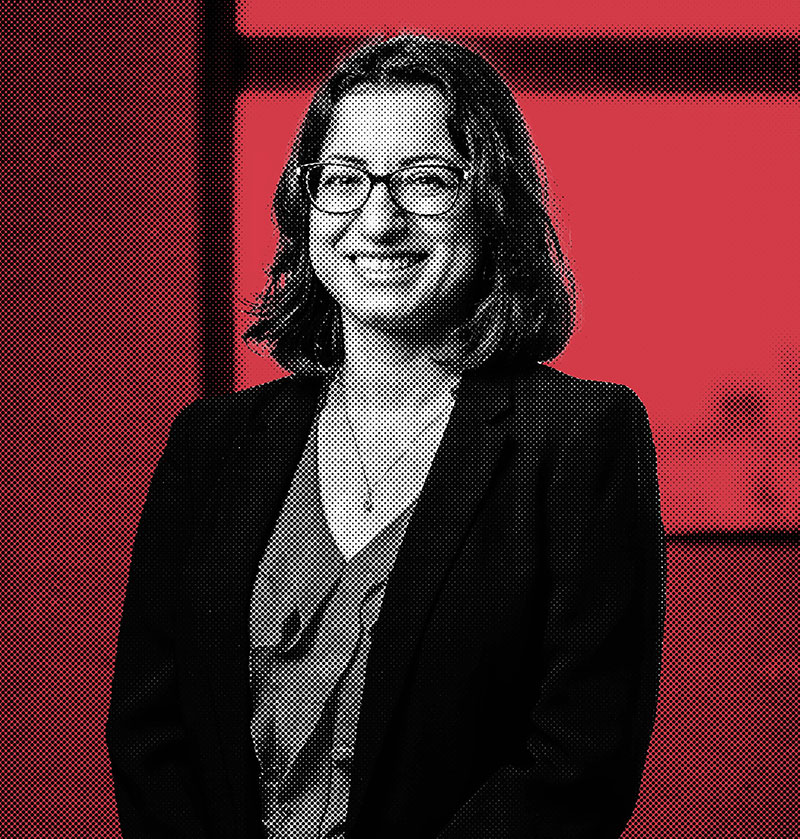By Alex Keimig

Assistant Professor and Human Resource Development (HRD) Graduate Program Coordinator Melika Shirmohammadi’s research examines all angles of humans at work, from immigrant experiences to remote work during the 2020 lockdowns.
“Houston’s unique mix of industries — energy, healthcare, education, nonprofit, and tech — requires adaptable leaders with strong people skills and strategic thinking. Our program cultivates graduates who are not only job-ready, but change-ready,” she says.
“The HRD program has always had a deeply embedded relationship with the city of Houston, largely because our mission — developing people and organizations — aligns closely with the city’s dynamic workforce needs. Over the past two decades, that connection has evolved from being a traditional academic program to a talent development pipeline for the region.”
Alumni are currently serving organizations like MD Anderson, NRG Energy, Chevron, GE, Halliburton, Deloitte, and Phillips 66. Their Advisory Board also includes senior HR leaders from Houston Methodist, Memorial Hermann, and Tramontina.
Shirmohammadi describes HRD as “an incredibly transferable discipline” — one in which students learn to improve leadership and performance across all organizational levels. Innovation is central to how the program’s faculty teach and how its students apply what they learn.
Our research areas are purposefully aligned with emerging trends and needs in Houston’s evolving workplaces, ensuring our work remains both timely and impactful.Melika Shirmohammadi
“Our program is project-based and experience-driven. Beyond classroom-based innovation, our faculty also actively engage in research in partnership with industry.”
One current study explores how open and shared office spaces influence employee well-being and performance — a topic of growing importance as organizations rethink post-pandemic work arrangements.
Other ongoing research projects examine the role of AI in learning and development, the reintegration of older adults into the workforce after retirement, and organizational strategies for improving employee retention in a shifting labor market.
“Our research areas are purposefully aligned with emerging trends and needs in Houston’s evolving workplaces, ensuring our work remains both timely and impactful,” Shirmohammadi says.
“One thing that sets the UH HRD program apart is our commitment to an outside-in approach. We are guided by industry trends and practices, and we don’t just teach theory; we guide students to use that theory to improve organizational systems in real time.
“We’re also expanding: a fully online format of the MS in HRD is launching soon, and a new MS in Organizational Development is on the horizon. These changes reflect both our adaptability and our continued focus on serving a diverse, working professional population across Houston. As we move to the UH Sugar Land campus in Fall 2025, we’re deepening our commitment to serving the growing professional communities in Fort Bend and beyond.”